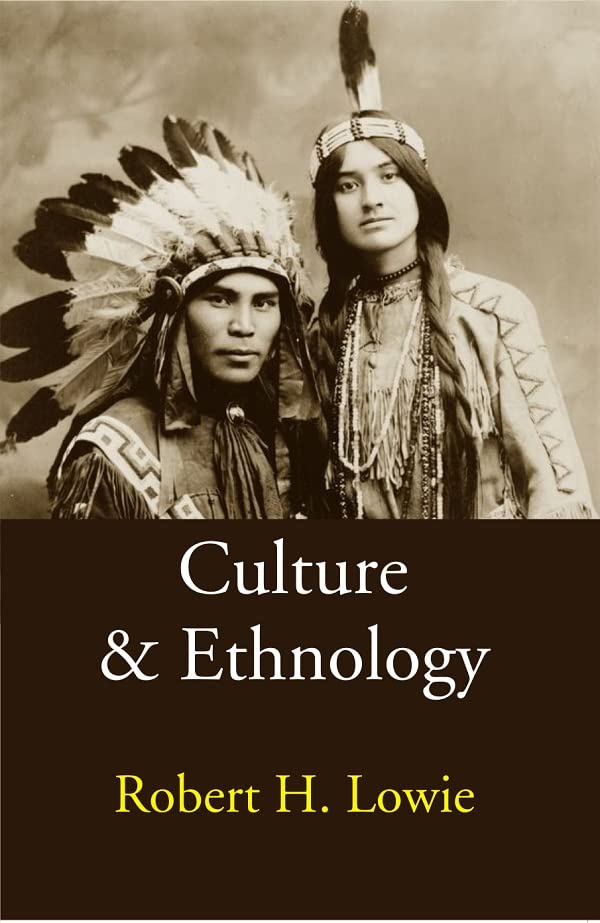Culture & Ethnology - PAPERBACK
Culture & Ethnology - PAPERBACK
Couldn't load pickup availability
About The Book : This booklet is an attempt at popularization. The first four chapters are practically identical with as many lectures, delivered in 1917 as the January course offered by the Department of Anthropology of the American Museum of Natural History. Each year different topics have been chosen and several members of the staff have cooperated. Owing to the dearth of recent ethnological literature reflecting the position of American field-workers, and at the same time accessible to the interested outsider. The last chapter may not seem to fit within the scope of this publication. It is obviously more technical than the rest in treatment and may appear to deal with too special a topic. About The Author : Robert Harry Lowie ( 1883 – 1957) was an Austrian-born American anthropologist. An expert on North American Indians, he was instrumental in the development of modern anthropology. Lowie undertook several expeditions to the Great Plains, where he conducted ethnographic fieldwork at the Absarokee (Crow, 1907, 1910–1916, 1931), Arikaree, Hidatsa, Mandan and Shoshone (1906, 1912–1916). Shorter research expeditions led him to the southwestern United States, the Great Basin and to South America where he was inspired by Curt Nimuendajú. The focus of some of Lowie's work was salvage ethnography, the rapid collection of data from cultures close to extinction.Ruth Benedict and Robert Lowie were both commissioned during World War II to write a piece about an enemy during wartime by the United States Office of War Information. Unlike Benedict's Chrysanthemum and the Sword in which she describes the culture of Japan without ever having set foot in Japan, Lowie could at least draw on his recollections from the German-speaking world of his childhood.
Share

